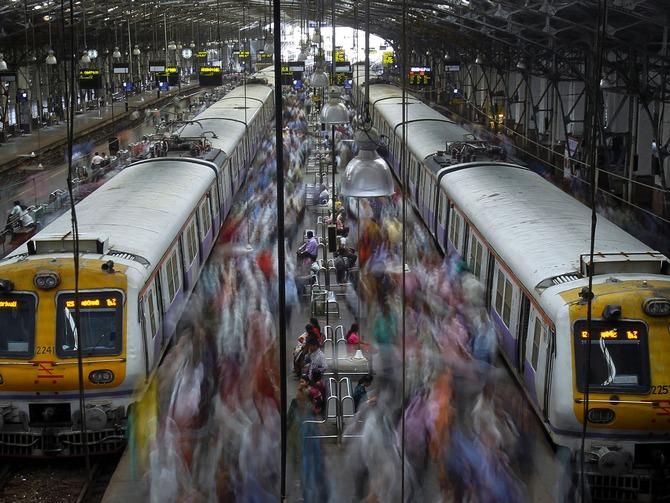Launched by the ministry of housing and urban affairs, the ease of living index (EoLI) is aimed at providing a holistic view of the country’s cities.
These will be done on parameters like services provided by local bodies, effectiveness of the administration, outcomes generated through those services in terms of liveability and citizens’ perception of the outcomes.

The Centre on Friday introduced two indices to improve the quality of life and civic amenities across major cities in the country. Apart from gauging the extent of civic services and quality of life in over 100 cities, the indices will throw up detailed data on each city. This will help the government formulate plans.
Launched by the ministry of housing and urban affairs, the ease of living index (EoLI) is aimed at providing a holistic view of the country’s cities.
These will be done on parameters like services provided by local bodies, effectiveness of the administration, outcomes generated through those services in terms of liveability and citizens’ perception of the outcomes.
There are four key objectives of the index -- to generate information to guide evidence-based policy making, catalyse action to achieve broader developmental outcomes, assess and compare the outcomes of various urban policies and schemes as well as obtain the perception of citizens.
The first edition of the EoLI will facilitate the assessment of ease of living of citizens on three broad parameters -- quality of life, economic ability and sustainability -- which are further divided into 14 categories across 50 indicators.
The 100 notified smart cities and another 14 cities, having population of over a million, will be considered for the assessment.
The cities have already appointed nodal officers, who will collect and collate data from various departments, both within and outside the urban local bodies.
Once compiled, the data will be uploaded along with supporting documents, in a web portal exclusively designed for the purpose.
On the other hand, the municipal performance index (MPI) will assess the performance of municipalities based on five enablers.
They include service, finance, planning, technology and governance. They are further divided into 20 sectors and 100 indicators.
To help the nodal authorities, the ministry has set up a central helpdesk, which can be used to seek process-specific and indicator-specific clarifications and assistance.
Over 50 assessors have been posted on the ground for the purpose.
Moreover, the ministry has launched a perception survey, starting February 1, to directly capture perception of citizens with respect to the quality of life in their cities.
The survey, which is being conducted through both face-to-face interviews and the social media, will contribute 30 per cent to the EoLI.












 © 2025
© 2025